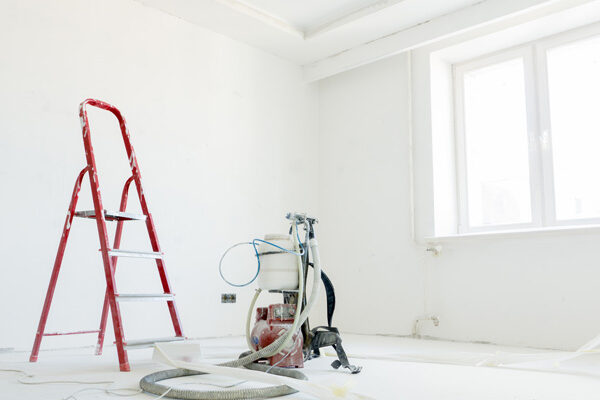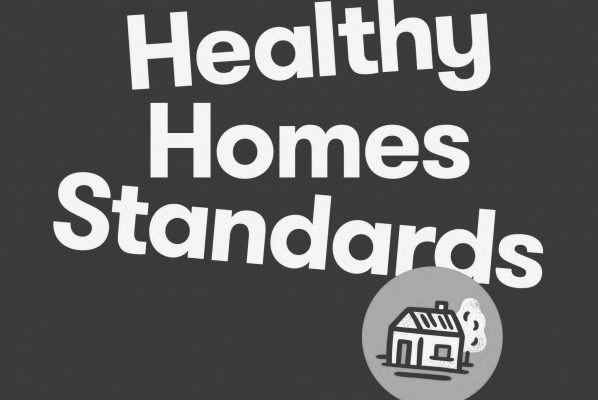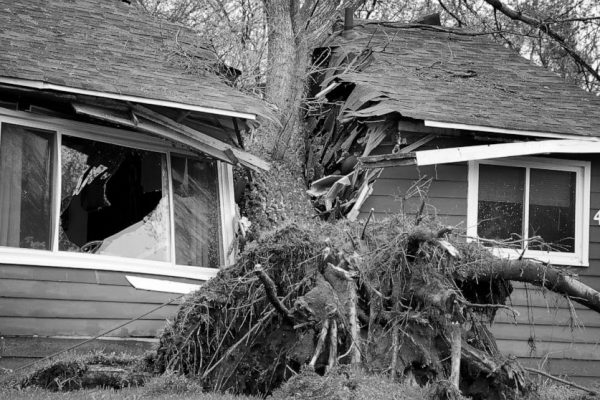5 Additional Signs You Need A Property Manager 07/08/2024
Deciding whether to hire a property manager can significantly impact your rental experience and property’s performance. Here are five signs that you might need a property manager:
- Lack of Time: If managing the property is taking too much of your time—whether it’s handling tenant issues, coordinating repairs, or dealing with paperwork—bringing in a property manager can free you up to focus on other priorities or investments.
- High Tenant Turnover: If you’re struggling with frequent tenant turnover or have trouble finding reliable tenants, a property manager can leverage their expertise and networks to attract and retain high-quality tenants, potentially improving your property’s stability and profitability.
- Legal and Compliance Issues: Rental properties are subject to a variety of laws and regulations. If you find it challenging to keep up with the legal requirements, including lease agreements, vacate processes, or Residential Tenancies Act changes, a property manager can help ensure compliance and reduce legal risks.
- Maintenance and Repairs: Managing maintenance and repair issues can be time-consuming and stressful. If you’re overwhelmed by the demands of keeping up with these needs or struggle to find trustworthy contractors, a property manager can handle these tasks efficiently and ensure that your property is well-maintained.
- Financial Management Challenges: If tracking rent payments, handling late payments, and managing financial records are becoming overwhelming, a property manager can streamline financial operations, including rent collection and financial reporting, ensuring that you stay on top of your property’s financial health.
If any of these signs resonate with you, it might be worth considering the services of a property manager to enhance your rental property’s performance and reduce your stress.
Deciding whether to hire a property manager can significantly impact your rental experience and property’s performance. Here are five signs that you might need a property manager:
- Lack of Time: If managing the property is taking too much of your time—whether it’s handling tenant issues, coordinating repairs, or dealing with paperwork—bringing in a property manager can free you up to focus on other priorities or investments.
- High Tenant Turnover: If you’re struggling with frequent tenant turnover or have trouble finding reliable tenants, a property manager can leverage their expertise and networks to attract and retain high-quality tenants, potentially improving your property’s stability and profitability.
- Legal and Compliance Issues: Rental properties are subject to a variety of laws and regulations. If you find it challenging to keep up with the legal requirements, including lease agreements, vacate processes, or Residential Tenancies Act changes, a property manager can help ensure compliance and reduce legal risks.
- Maintenance and Repairs: Managing maintenance and repair issues can be time-consuming and stressful. If you’re overwhelmed by the demands of keeping up with these needs or struggle to find trustworthy contractors, a property manager can handle these tasks efficiently and ensure that your property is well-maintained.
- Financial Management Challenges: If tracking rent payments, handling late payments, and managing financial records are becoming overwhelming, a property manager can streamline financial operations, including rent collection and financial reporting, ensuring that you stay on top of your property’s financial health.
If any of these signs resonate with you, it might be worth considering the services of a property manager to enhance your rental property’s performance and reduce your stress.










